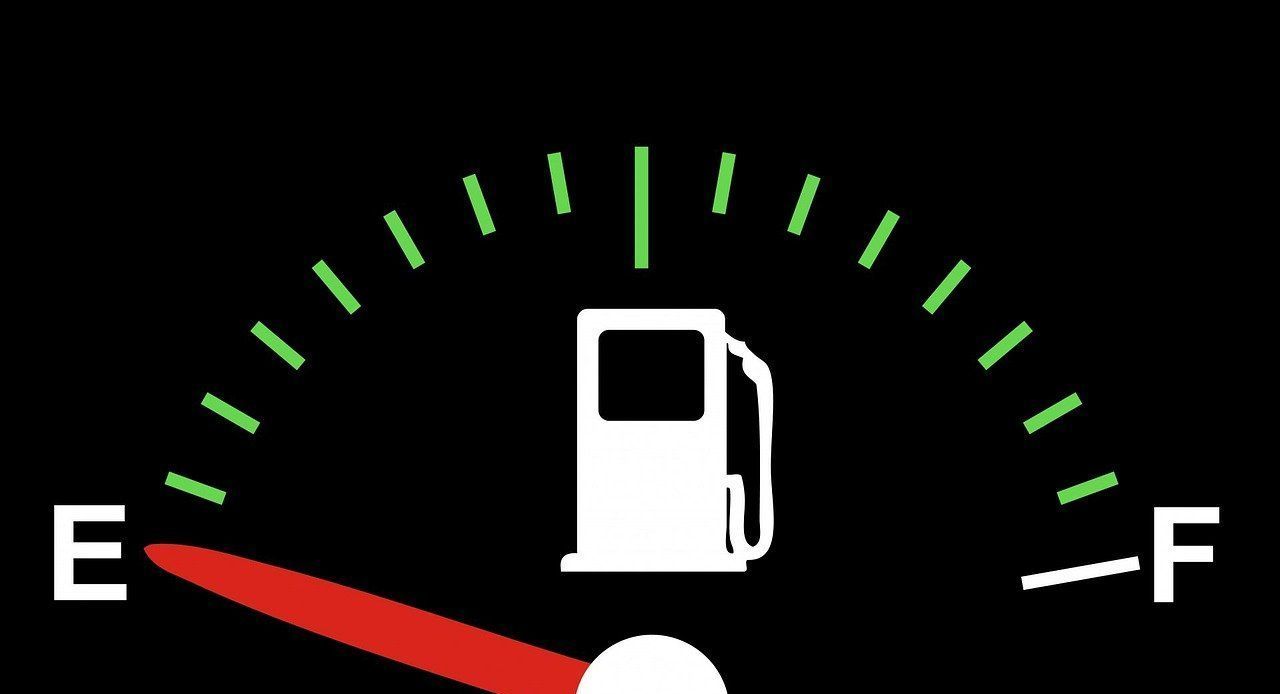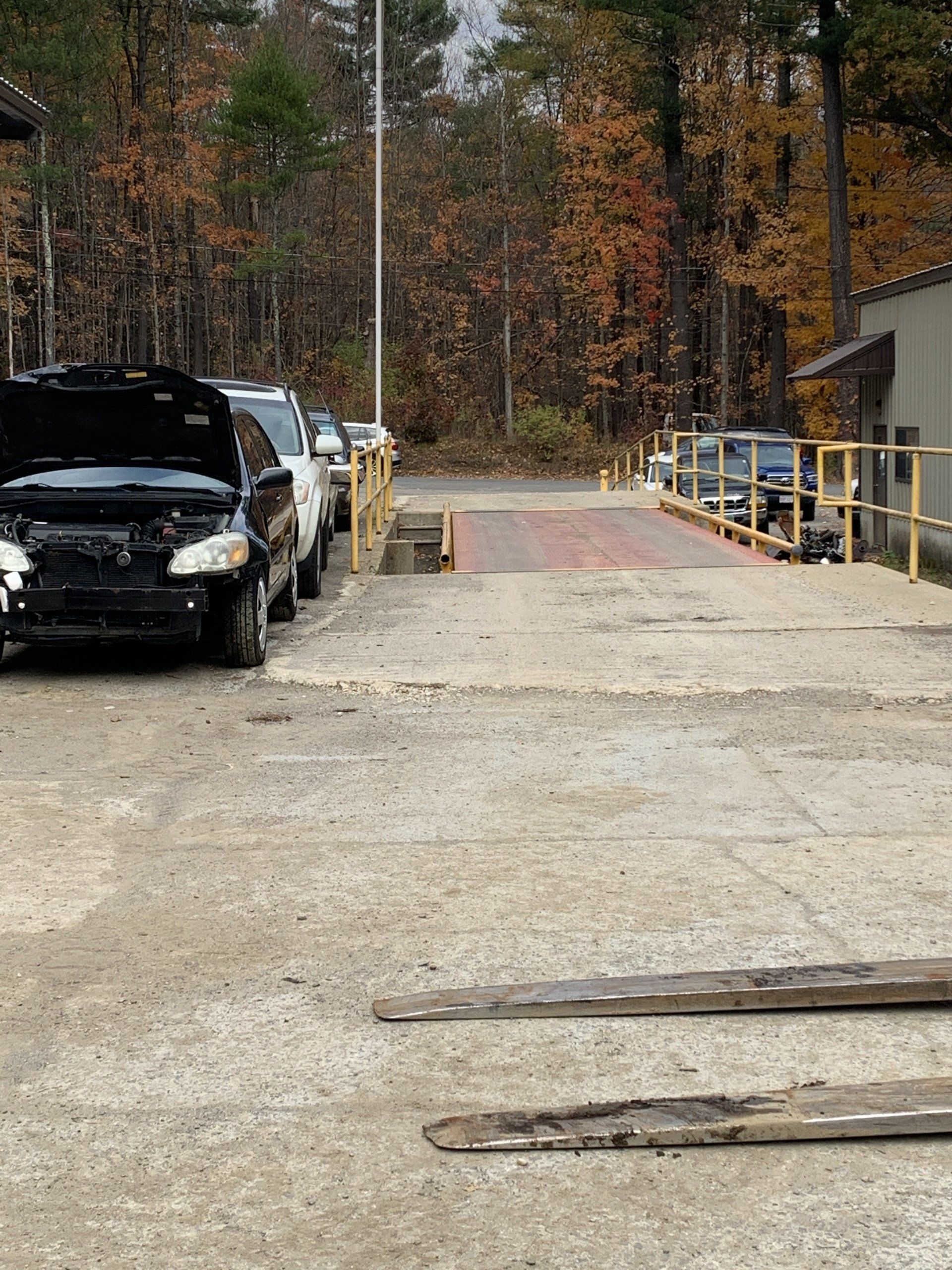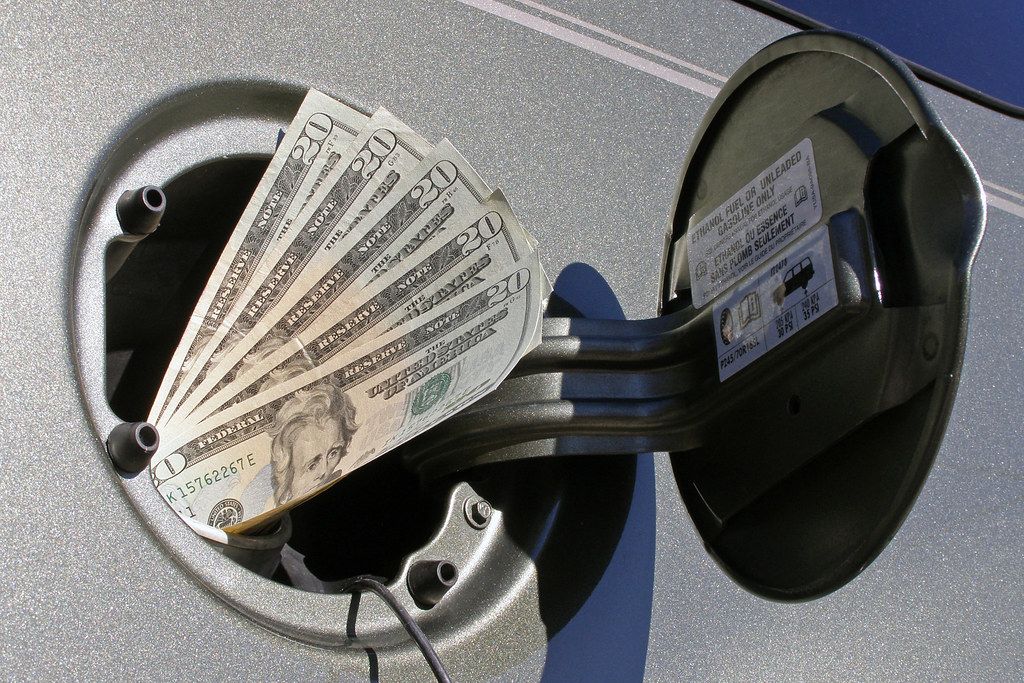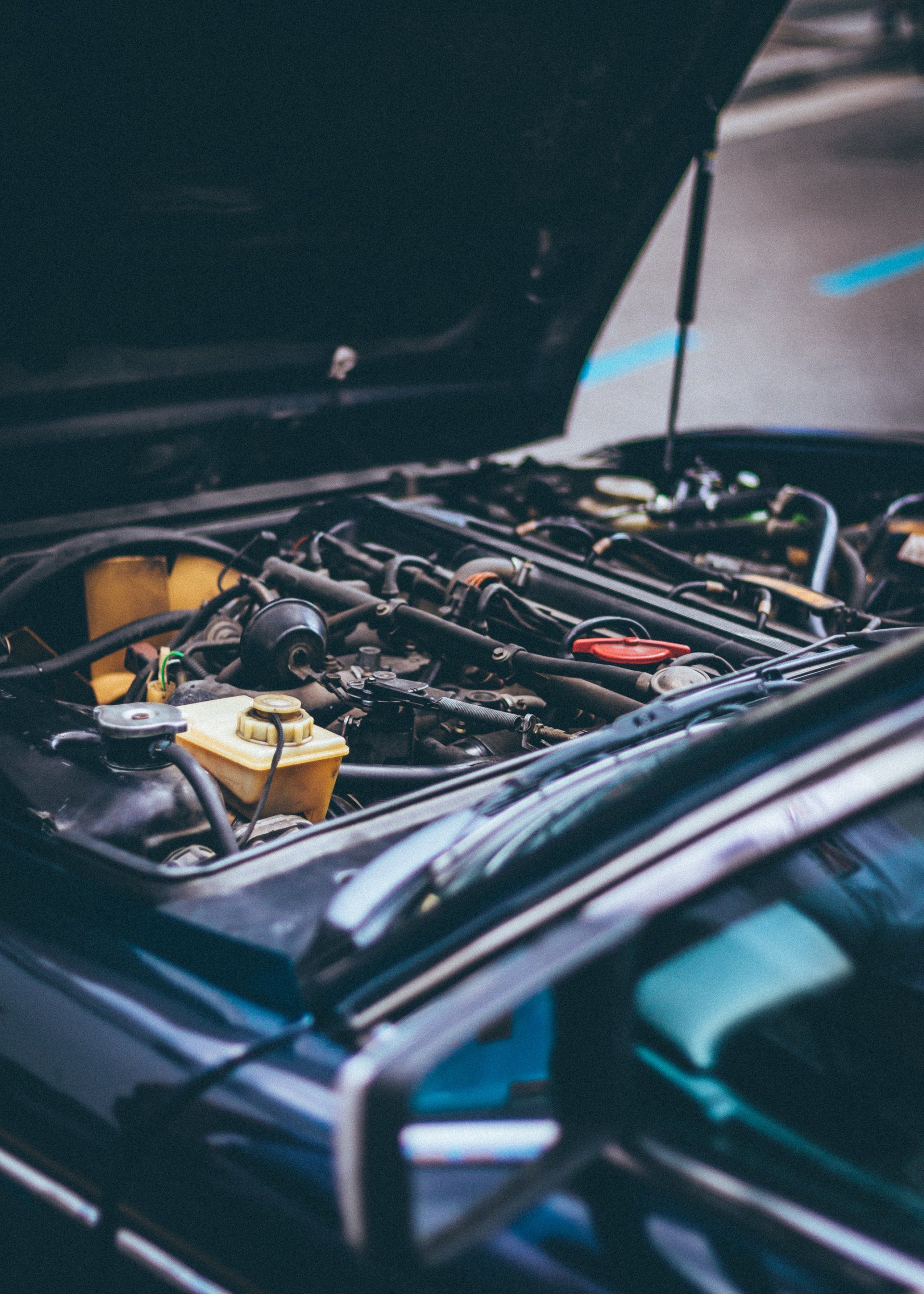Electric Vehicles: Weighing Your Options
Electric vehicles were introduced in 2011 when it captured about .2% of the car sales market. Flash forward to 2022, 14% of the new car market was made up of electric vehicles… a 6,900% increase. The question we want to answer is: “Are electric vehicles better than gas?” Let’s get into the good, the bad, and the ugly truth about electric vehicles.
The Benefits
The first and most obvious benefit to electric vehicles is the benefit to the environment by reducing the use of fossil fuels to decrease global warming. In addition, electric vehicles tend to have fairly low maintenance costs and trending toward higher resale values. There is no more need for a gas station trip and although your electric vehicle will need to be charged, your long term costs are much more predictable and not dependent on fluctuating gas prices. One of the major benefits that is not heavily discussed is that the electric car market allows for an increase of job opportunities in manufacturing.
The Drawbacks
When you are deciding between an eclectic vehicle or a gas vehicle for your next car, it is important to weigh the pros and cons and be prepared with your decision. One of the drawbacks of purchasing an electric vehicle are high upfront costs. The initial upfront costs can include the actually vehicle, an “at-home” charging station, and possible higher insurance rates. Even though electric vehicles have been around for over a decade, they are still lacking a real owner/operator infrastructure - i.e. charging station, tax incentives, and others. While you will save money on gas and the ever changing gas prices, you will still need to charge them and depending on the type of charger, it can take hours to fully charge vs. a 5 minute gas fill up.
Summary
When purchasing a new vehicle, there are so many choices out there and it all begins with gas vs. electric/hybrid. You want to make sure you are well informed and do your research to understand the pros and cons to your options. In the past, we have written a blog titled “Gas Vs Hybrid Vs Electric Vehicle - What is Right for You”. Good luck with your next purchase - no matter what option you end up with.












